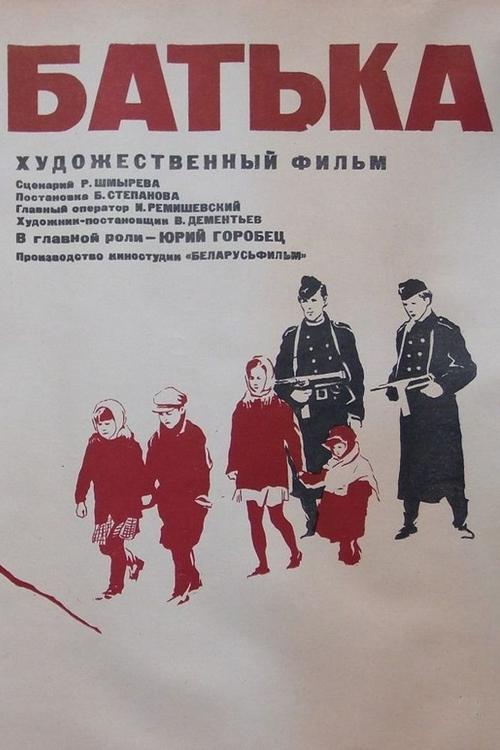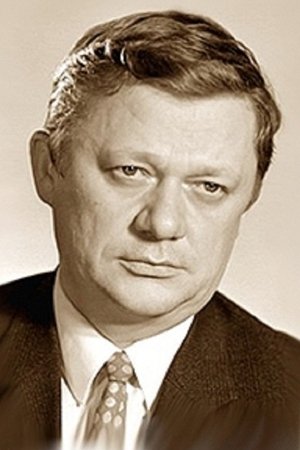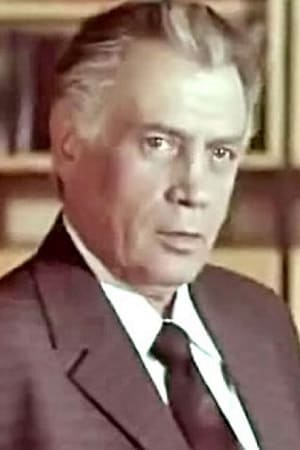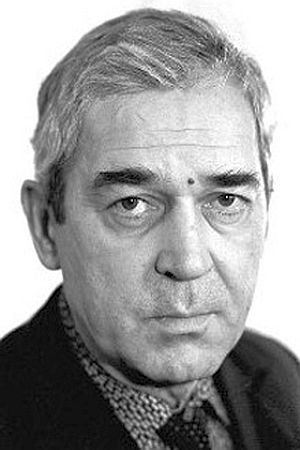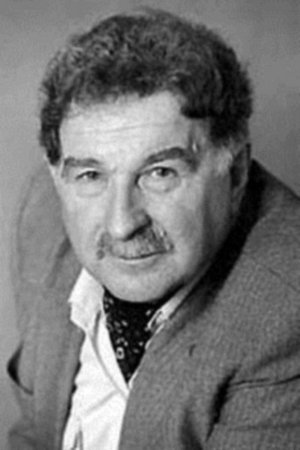
Aqueronte72
8
|
oct. 11, 2024
Stepanov's work is always permeated by an irreproachable pulsating humanism; This work focused on the austere partisan leader Batka will be no exception. But the background of the plot is not about the partisans defending their homes, their women and their freedom against the Nazis, but, for example, the painful attachment of the man behind the guerrilla, pining for his family from a distance, and with some binoculars feeling what he cannot touch about them, wondering whether to dare to hug them, kiss them, listen to them or maintain his exile so as not to cause them risk, if that one will be a dancer and his children or perhaps grandchildren have already eaten. In the rebel camp they applaud the Patriarch or Papa "Batka", will they know how to support him in due course?, meanwhile, a couple of youngsters in the village steal a camel from the circus. Cheer up for a cuirco? and the Batka intervenes before they are shot. Why the hell did they steal the camel? "Not to steal the tiger, because it is scratched." History reminds us that scruples, ambition, or human loyalty are finally put to the test in war, because the values that unite, not only a people, but even a family, crumble when the situation she gets tense.
Who is this Batka? an urban legend in the making. The Germans pay for information about him, and the brothers betray each other. Let's look at Ivan, a scoundrel with a flag of convenience and ulterior motives; A political mercenary who does not spare even his blood for the lust for power, he has gone to the side of the Nazis even though his sister Anka suffers from the wounds of the partisan Yakova, her husband. He does not hesitate to threaten the sister, both of them, with calling the Gestapo if they do not reveal Batka's hiding place. In short, it is a series of betrayals of their companions and betrayals of those who betray them due to fear of interest or comfort. The best proof of the enemy's ilk is evident almost at the end, on that bridge where both the old Nazi general and his lieutenant try to bribe Batka with an account in Switzerland as a neutral country and a lot of money. They certainly underestimated it, that's why they say that you can only cut down that tree but not uproot it. The farewell of the commissioner who, in effect, violates the law for his friend Batka, precedes the exodus through the snowy steppe until the Germans harass them to a melodic sound with echoes of Shostakovich in the last 15 minutes of the film. The scene of the partisan trying in vain to free his family and who is shot to death, in addition to precipitating the children being shot at as well, is the metaphorical end that the hero of this film had trying the same thing as this guerrilla who falls inert by releasing the toy. Happiness or peace with family and grasping freedom are rarely mutually exclusive in the lives of men.
